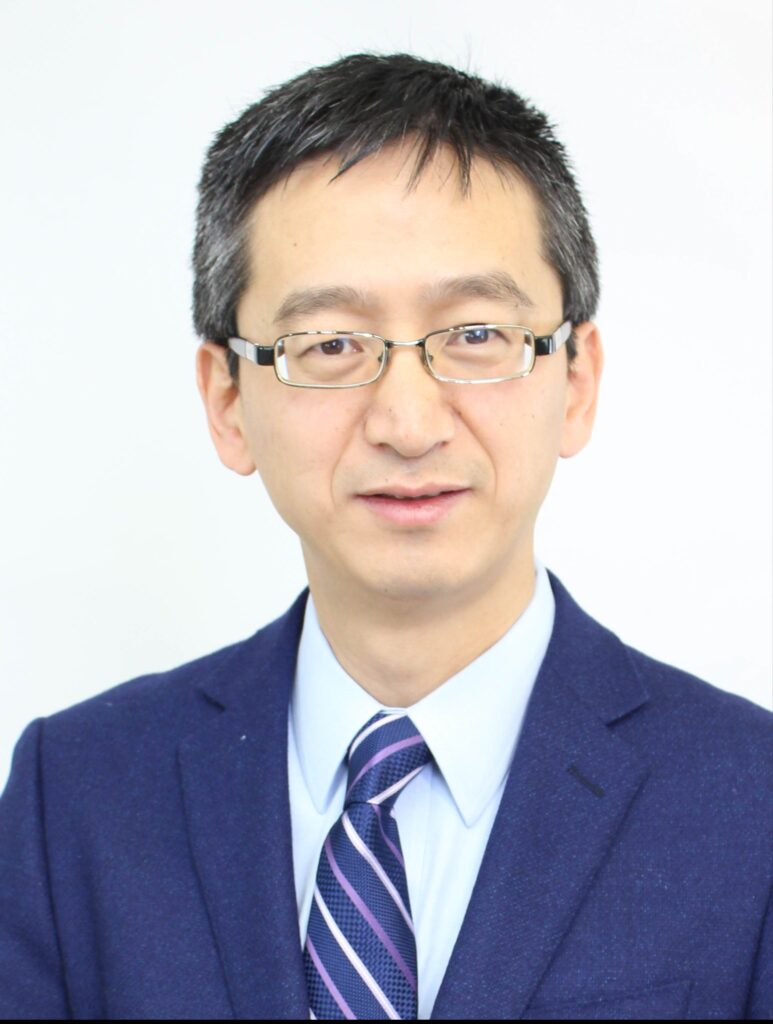
Ling Qi, PhD
The National Institutes of Health (NIH) awarded Ling Qi, PhD, two grants totaling $4.2 million for projects that could lead to new therapeutic treatments for metabolic and liver disorders. Dr. Qi is the Andrew P. Somlyo Distinguished Professor in Physiology and chair of the Department of Molecular Physiology and Biological Physics at the UVA School of Medicine.
In the first research project, supported by a $1.5 million NIH grant, Dr. Qi and his team aim to delineate the significance of SEL1L-HRD1 ERAD protein complex in adipocyte biology in the context of hyperlipidemia. The study will examine the significance of SEL1L-HRD1 ERAD in the regulation of lipoprotein lipase (LPL) maturation in the endoplasmic reticulum (ER).
Adipocytes play a crucial role in energy storage and metabolism, and dysfunction in these cells has been implicated in various metabolic disorders, including obesity and type 2 diabetes. The process of LPL maturation, a key lipolytic enzyme that controls the partitioning of the lipids in the body in the ER, is essential for lipid metabolism, yet the precise mechanisms governing this process remain poorly understood.
Using cutting-edge techniques and innovative approaches, Dr. Qi’s lab seeks to gain a deeper understanding of these molecular pathways, which may uncover potential therapeutic interventions to address metabolic disorders.
Through another NIH-funded grant for $2.7 million, Dr. Qi, in collaboration with co-principal investigator Deyu Fang, MD, PhD, from Northwestern University, is leading a multidisciplinary team to uncover the intricate mechanisms by which hepatic SEL1L-HRD1 ERAD influences bile acid metabolism. Bile acids play a crucial role in digestion and lipid metabolism, with dysregulation implicated in various liver disorders, including cholestasis and fatty liver disease.
“We are thrilled to receive this significant grant from the NIH, which will enable us to unravel the complexities of bile acid metabolism in hepatocytes,” said Dr. Qi. “Our collaboration with Dr. Fang brings together complementary expertise, enhancing our ability to address this important research question and potentially revolutionize the treatment of liver disorders.”
Filed Under: Research
